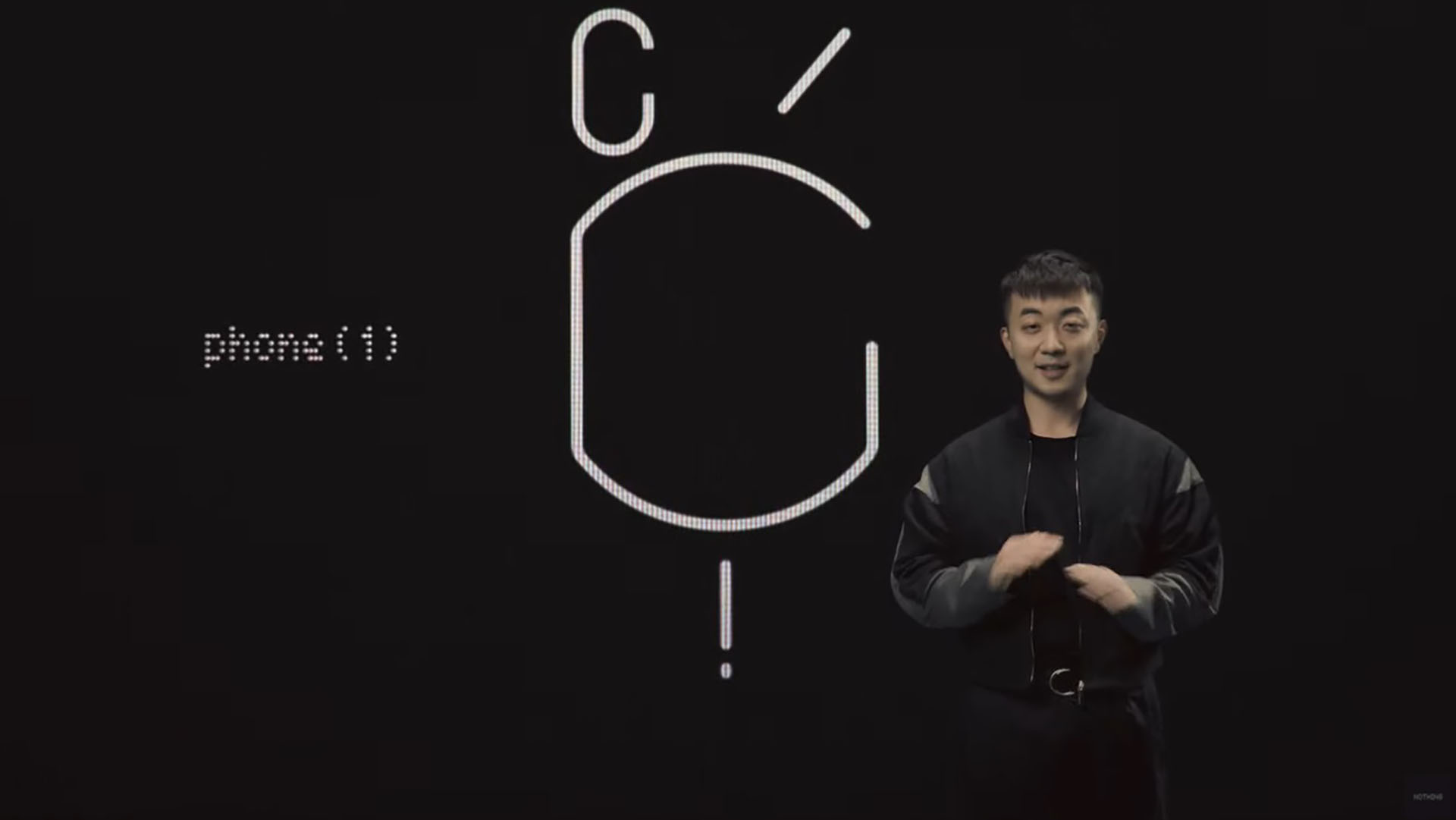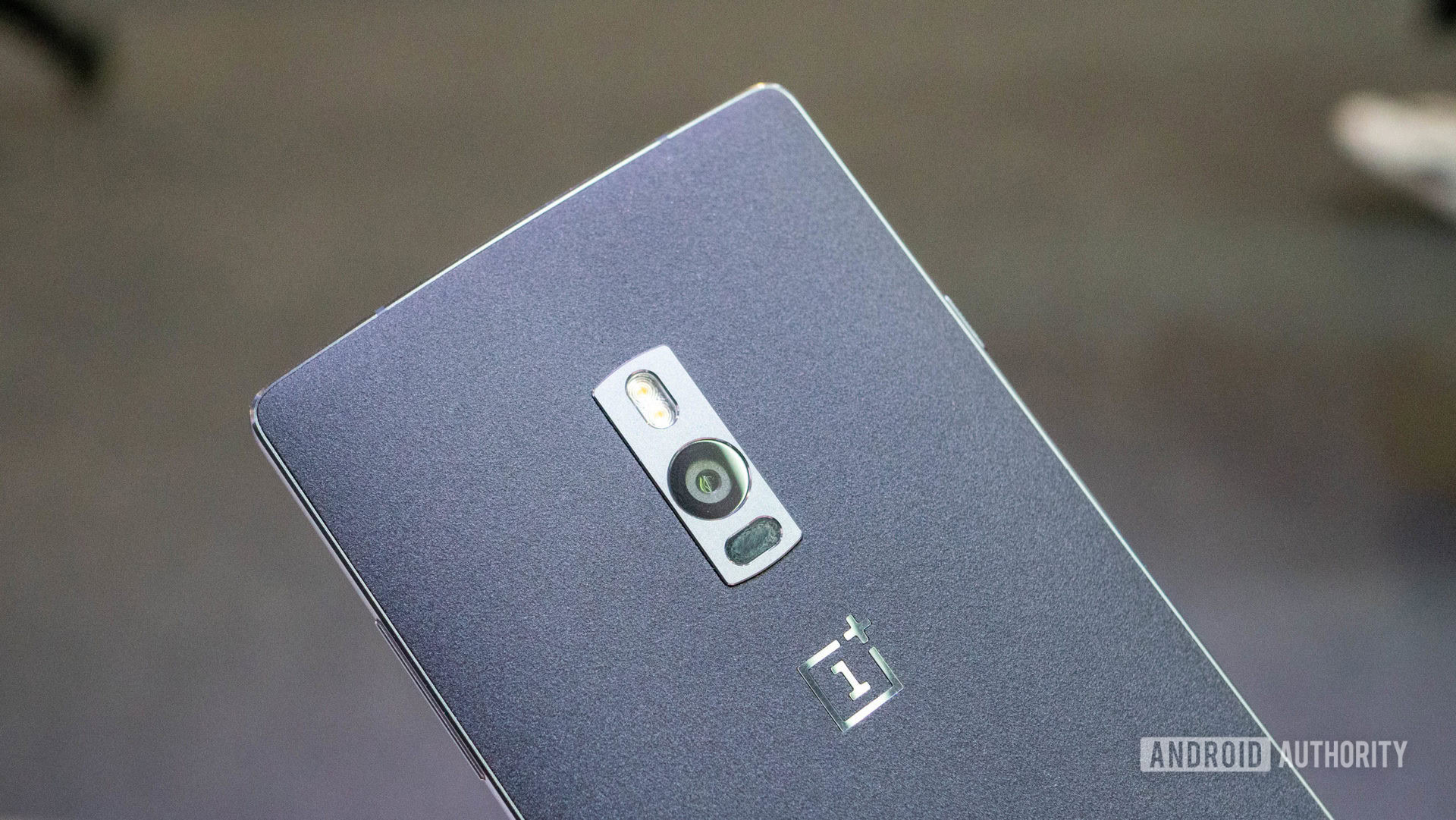If the Nothing Phone 1 isn’t cheap, it will fail
[ad_1]

Nothing is promising a “fast and smooth” software experience, a skin based on pure Android, and an “iconic” design. In case you forgot, 2014’s OnePlus One was touted as having a “fast and smooth” experience, a skin that was close to stock Android, and a standout design of its own (that sandstone texture). But there’s one area where Nothing absolutely needs to take inspiration from the OnePlus One, and that’s the pricing strategy. A misstep there might make or break Nothing’s aspirations.
Go cheap or go home

Kris Carlon / Android Authority
People have inevitably drawn comparisons between OnePlus and Nothing, given Pei’s involvement in both brands’ rise to fame as well as the aforementioned parallels between the OnePlus One and Nothing Phone 1. The former is still fondly remembered for its absolutely crazy $299 price tag back in 2014, and we hope the latter will emulate that piece of the strategy too.
Sure, smartphone prices have stratospherically climbed since then due to inflation, supply chain issues, and more powerful (and expensive) processors. But coming in under the competition is still a common strategy for new brands entering the market and hoping to disrupt it. Huawei did this with its Ascend P1 and Ascend P6, Realme did it with the Realme 1, Xiaomi did it with the Mi 1, and yes, OnePlus did it too.
Nothing could learn from the likes of Xiaomi, Huawei, and others who all started out at a low price.
Undercutting rivals is a tried-and-tested way for brands to gain a foothold in a market and generate interest and sales. It also reduces the risk for people who are buying into an unknown company. And every newcomer has increased its phones’ prices over the years once it established itself.
So it only makes sense for Nothing to take this same price-conscious approach — unless it wants to go the way of the Red Hydrogen One and Amazon Fire Phone and be a one-hit-wonder. Even Essential, with all the hype and excitement, stumbled with the $700 Essential Phone. Admittedly, the phone wasn’t terribly priced for 2017, but it received a $200 price cut in the months after launch nonetheless. Nothing shouldn’t take that risk.
Even if Pei is talking a big game by positioning the brand as an Apple competitor and a market disruptor, Nothing doesn’t have the halo or accrued good-faith credit of an established smartphone maker. Stratospheric prices might make the Phone 1 an aspirational device for many enthusiasts, but low prices will get them to open their wallets. And when you’re a “baby” company, you want sales figures, not aspirations.
Does the Nothing Phone 1 need to be cheaper than rivals?
699 votes
Cheap or affordable, those are the only options
If a premium experience can’t rhyme with a $299 price tag in 2022 — and for good reason — there’s still room for Nothing to be appealing and competitive at higher, but still affordable prices.
The smartphone market has matured in a big way since the OnePlus One’s launch, owing to the rise of ultra-premium flagships and quality mid-rangers. This has created a gap for affordable all-around flagships that are more than just mediocre phones with high-end silicon.
The Nothing Phone 1 could therefore be well-positioned to fight the Pixel 6 and pick up where older affordable flagships like the OnePlus One left off. That is if Nothing gets the price right and is indeed offering a flagship-level proposition.
[ad_2]
Source link






